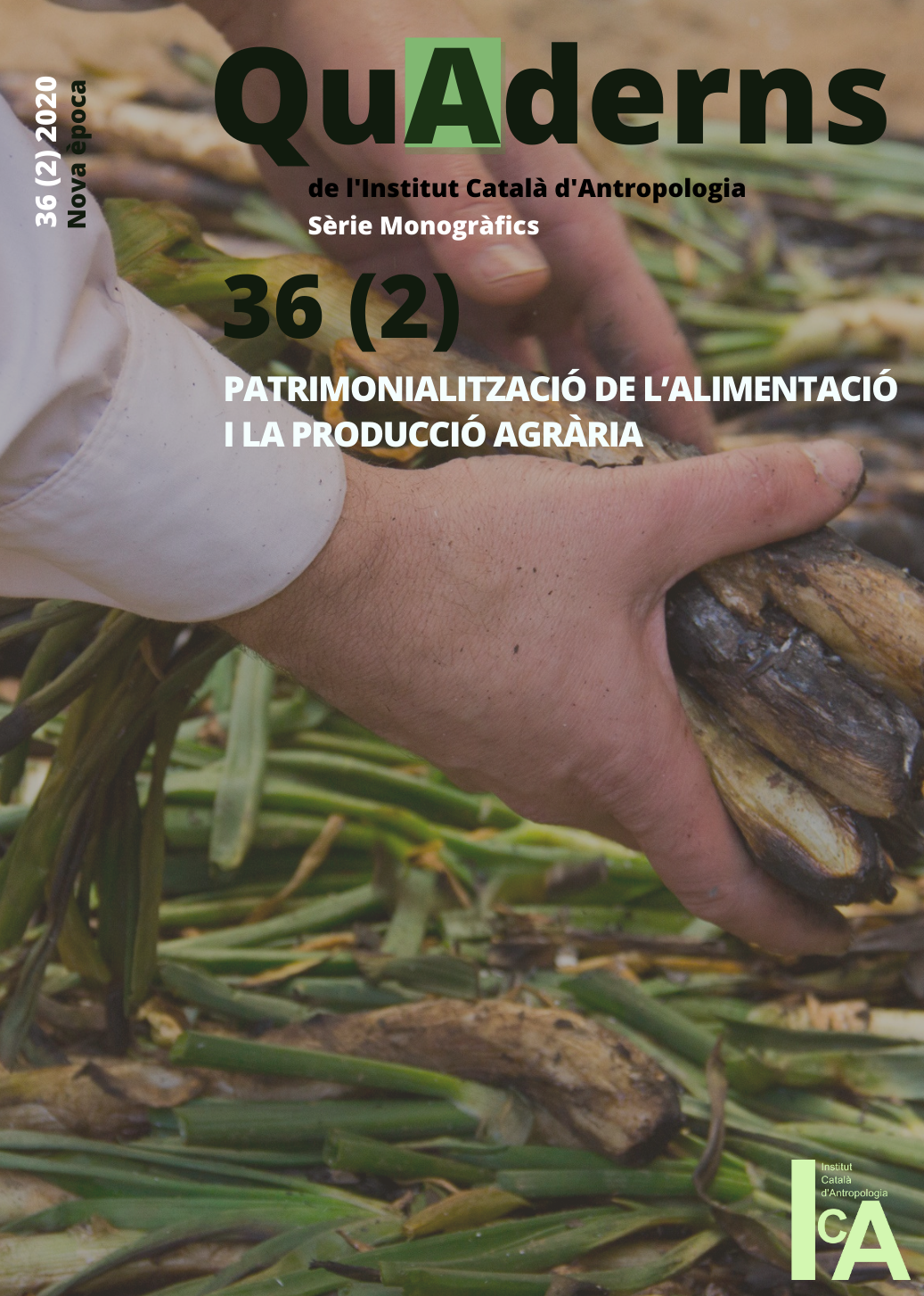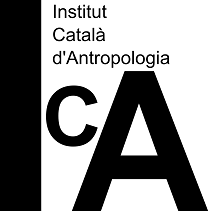Enogastronomy in the Wine Region of Querétaro, Mexico: a Critical Perspective on its Heritagization
Keywords:
Heritage, tourism, commodification, cultural appropriation, gastronomyAbstract
Heritage declarations are considered claims of cultural identity. Nevertheless, they have also been seen as processes of commodification regarding certain elements of foodways that can be transformed into consumable objects. The tourism industry occupies a prominent place in this paradox: it refers to a colorful example of reinvention of food heritage for the satisfaction of tourists desiring of genuine cultural expressions. This paper addresses this subject and analyze the processes of patrimonialization of food products to reflect on the spectacularization and staging of food, from a critical point of view. To do this, we present here the results of an ethnographic work carried out in the context of an agri-food route located in central Mexico. In this route, different initiatives are analyzed in order to exemplify how the economic reproduction of enogastronomic heritage demands its transformation into a spectacle. This work reveals also the ambivalent nature of heritage, not as a safeguard framework, but as a process of social construction of identities in the context of the accelerated transformation of the territory.
Downloads
Global Statistics ℹ️
|
517
Views
|
367
Downloads
|
|
884
Total
|
|
Downloads
Published
How to Cite
Issue
Section
License
Distributed under the terms of the Creative Commons Attribution 4.0 International Use and Distribution License (CC BY-NC-SA 4.0)




